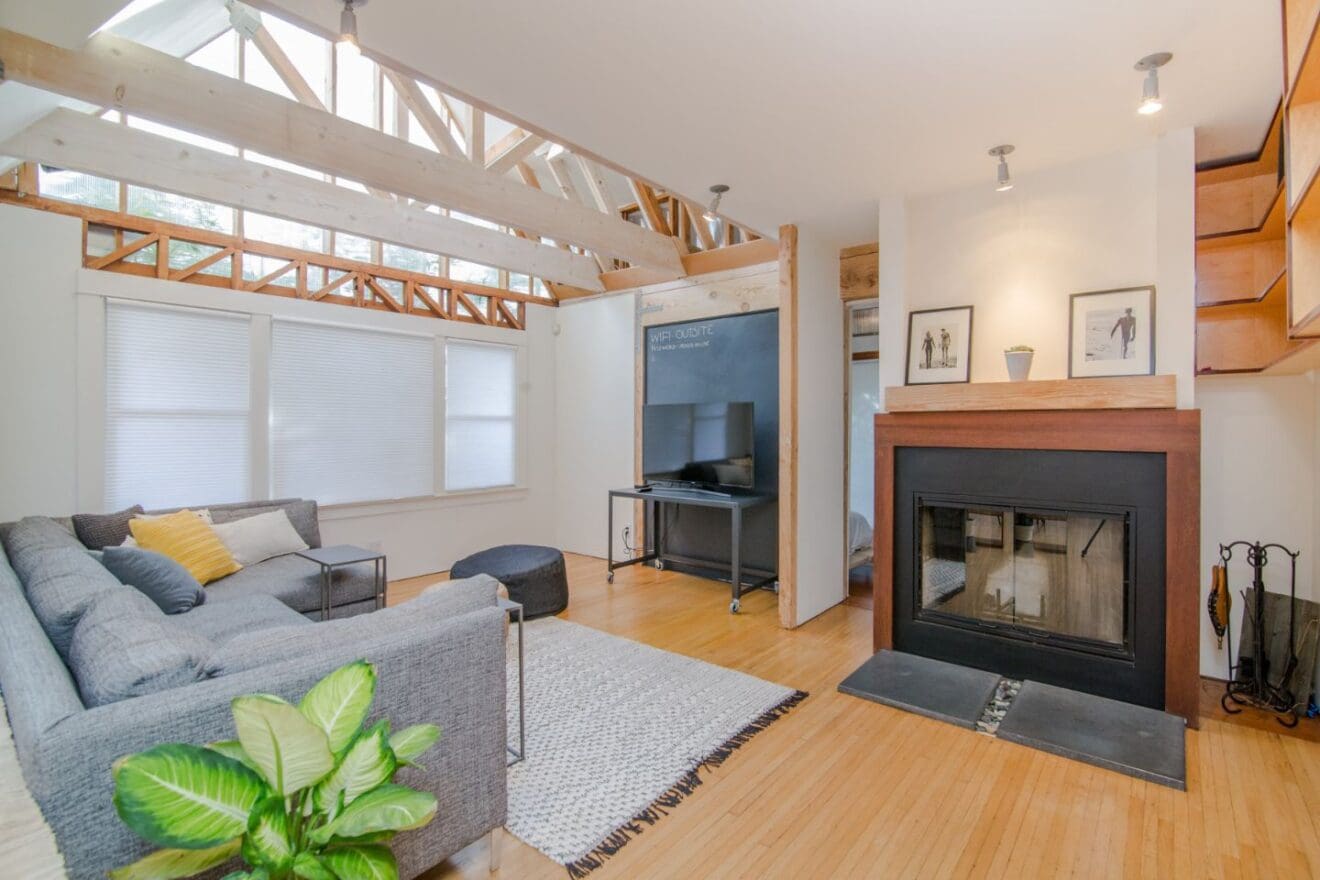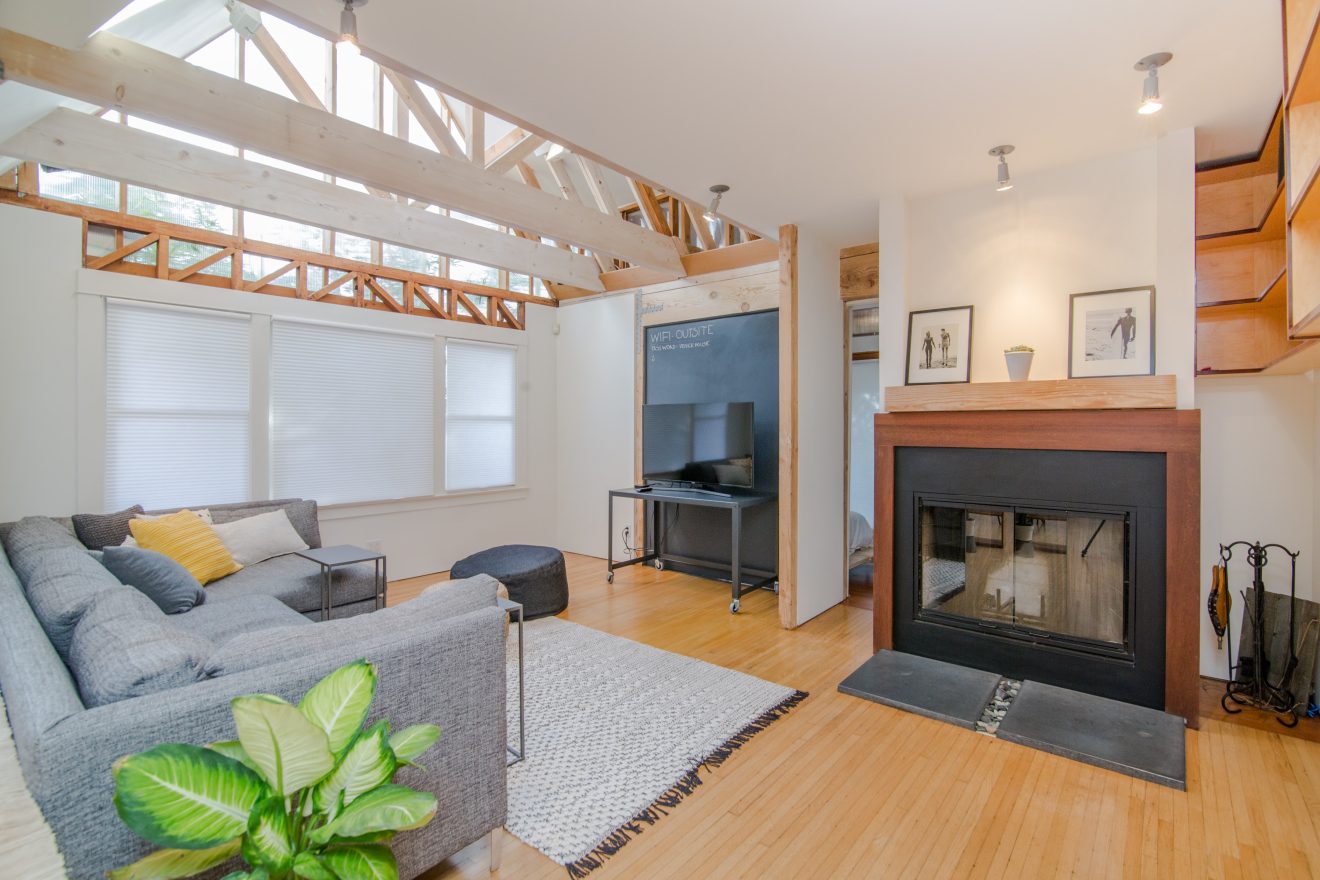The secret is out: Guelph is one of the top cities in Ontario for investors looking for an income property. As a university town, there is a non-stop need for long-term accommodations. Still, it isn’t just students looking to relocate. Guelph is quickly becoming known for its thriving career market, with one of the lowest unemployment rates and highest median incomes in Ontario. To top it all off, its reputation as a safe, vibrant community to raise a family only adds to Guelph’s desirability.
As a landlord, finding the right tenant and negotiating favourable terms is essential. Here are some tips to help make your venture successful and profitable.
The First Step to Negotiating? Find the Right Tenant
The ability to negotiate effectively is critical as an investor. However, there is no negotiating with a bad tenant. The person you choose to occupy your residence can make or break your success. The fear of winding up with a problem tenant often holds back many would-be investors. The wrong person can undoubtedly complicate your situation. You may find yourself having to chase after rent payments. Even worse, you might end up with a tenant who causes a disturbance in the area or damages the property.
While there is no guaranteed way to ensure you avoid nightmare tenants, there are many ways to improve your odds of finding the right one.
Are you eager to get started as an investor? Some of our other posts will help give you the information you need:
- Seven Reasons Why this Could Be Your Best Opportunity to Buy a Home in Guelph & the Tri-Cities
- Could Buying During A Recession Be A Genius Investment?
- How An Experienced Guelph Real Estate Team Can Help With Your Investments
Looking Beyond the Background Check
With all that’s at stake, it makes sense to do as much research on a potential tenant as possible. Income verification, a credit check, and even a criminal background check are all standard.
Plus, you can scout out a potential renter by speaking with past landlords to see if they have a history of making their payments on time and living peacefully in the community. However, remember that these checks only give you a brief glimpse into a potential renter’s history. They won’t let you see the whole picture.
For example, an employment check allows you to verify that a potential tenant has a full-time job and enough income to cover their rent. However, the fact that they can pay doesn’t mean they will pay without a fuss. And what if a prospect is unemployed? That doesn’t necessarily mean that they can’t pay their rent. They may have other sources of income, substantial savings or even help from affluent relatives.
A criminal background check may help weed out some unsavoury characters, but only if they were caught and convicted. And a blot on someone’s background may wrongly eliminate someone who made a mistake in the past that is determined to do better now.
None of this is to say that you shouldn’t run background checks. The more information you have about who will live in your home, the better. However, interpreting what you find isn’t as easy as it may appear on the surface, and some nuance is usually required.
Want to invest but don’t want to be a landlord? Here’s a fantastic solution to consider!
Conducting In-Person Interviews
Once a potential tenant makes it past your initial screening, the next step is to talk to them in person. Seeing someone face to face often gives you a much better idea of their character than what you find on the rental application. You’ll have to rely on your intuition to a large extent, but asking questions in person provides a lot of insight you can’t otherwise obtain.
You can assess their facial expressions, tone of voice, and body language. The types of questions you decide to ask will depend on the unit itself. If you’re renting out part of the house you live in yourself, the questions will be more personal. If it’s an entirely separate residence, you can afford to be more business-like. Here are some examples of what you might want to know about a potential tenant:
- How long do you plan to stay?
- How many people will live in the house?
- Will anyone be moving in or out later?
- Where have you rented before?
- Are you planning to get any pets?
- How often will you have visitors?
- How will you take care of the property?
- Why are you moving?
Ready to make your first investment or add to your existing portfolio? Don’t miss the Most Crucial Step in Buying an Income Property.
Negotiating the Terms
Once you’ve found the right person, you can begin negotiating the rental agreement. You want someone who will stay for the long term, so it’s critical that you don’t make so many rules that your tenant is unhappy. Still, you want to protect the value of your property, and it’s your right to set specific stipulations.
Before you start listing out a long list of do’s and don’ts in your lease, it’s a good idea to see what’s allowed by law. For instance, you are allowed to prohibit smoking anywhere in the house by your tenant or their guests.
But what about pets? You see a lot of rental advertisements proclaiming, “No pets allowed.” However, it may surprise you that you can’t prohibit pets under Ontario law. Exceptions are if the tenant shares your living space, creates a noise disturbance, or damages the property.
Whatever your rules are, now is the time to work them into the written lease. It will be complicated and almost impossible to renegotiate the terms later.
What’s it like to work with the GoWylde Real Estate Team on your investments? Find out more about our process and philosophy right here.
Setting Your Price
Figuring out how much to charge for your rental can be the most difficult decision you’ll have to make as an investor. You need to earn enough to cover your costs with some left over for emergencies and maintenance. On the other hand, your price needs to be competitive with other units in the area.
Digging deep to discover what else is available and what features other landlords offer gives you an excellent idea of where to start.
You may also end up negotiating the price with the tenant. In many cases, you should hold your ground, especially if other parties are interested in the home. However, you also want your unit to be as attractive as possible.
Nothing is more expensive to a real estate investor than a rental space that is sitting vacant. It leaves you with no income, but you’re still responsible for the mortgage, insurance, and other operating costs.
Being willing to offer certain concessions will help encourage your tenant to stay for the long term.
For example, you may allow a slight monthly discount in exchange for signing a longer lease. Keep in mind, not all concessions have to be financial. A little creative thinking may reveal other benefits that provide tremendous value to your tenant but don’t eat into your monthly income. Here are just a few ideas you might consider:
- Free parking spaces
- Repainting or other minor upgrades before the tenant moves in
- Cleaning Services
- Unlimited Internet access or other utilities included
Finding the terms that strike the perfect balance between earning the most income possible and being fair to the tenant is worth the time and effort. A happy tenant who stays with you sets the stage for a mutually beneficial relationship for years to come.
At GoWylde Real Estate, we have helped countless investors in the Guelph and Tri-cities area over the years. We’d love to help you too! Reach out to us today or call 519-826-7109 to get started or with any questions you have. GoWylde Real Estate is the 2023 winner of the Consumer Choice award for excellence in the category of real estate.





